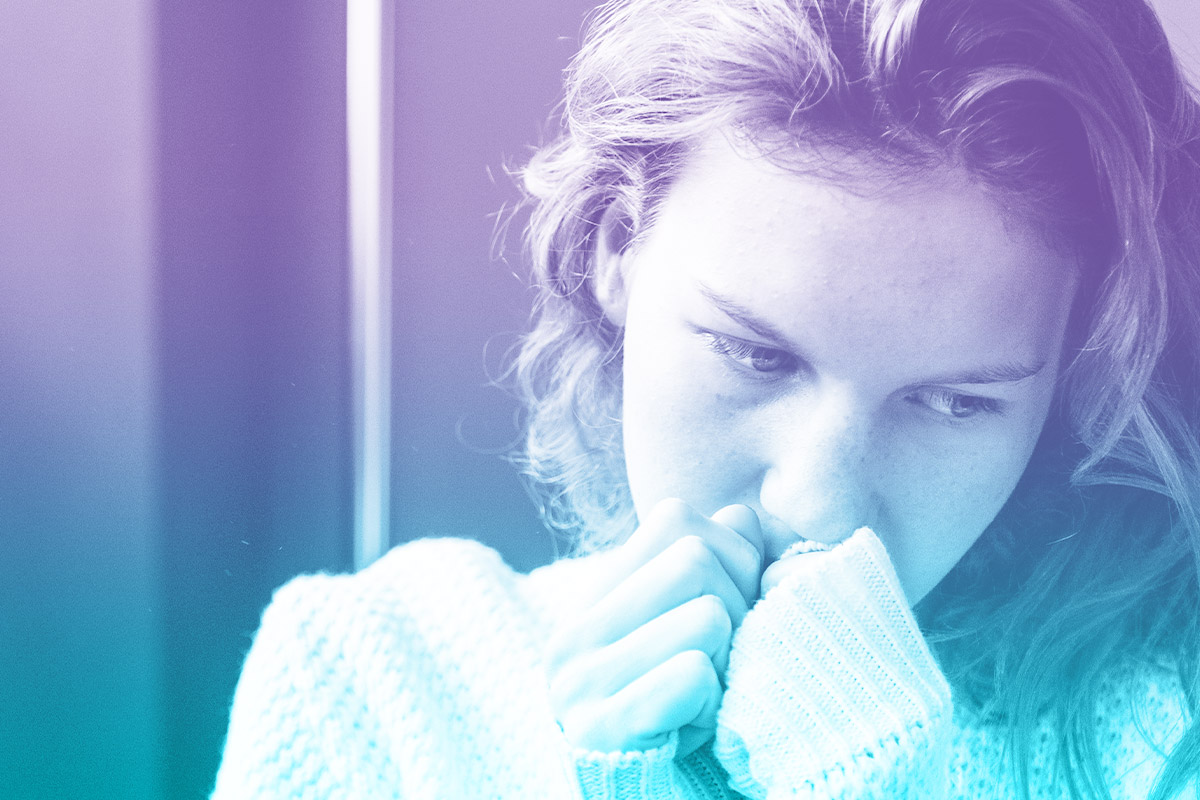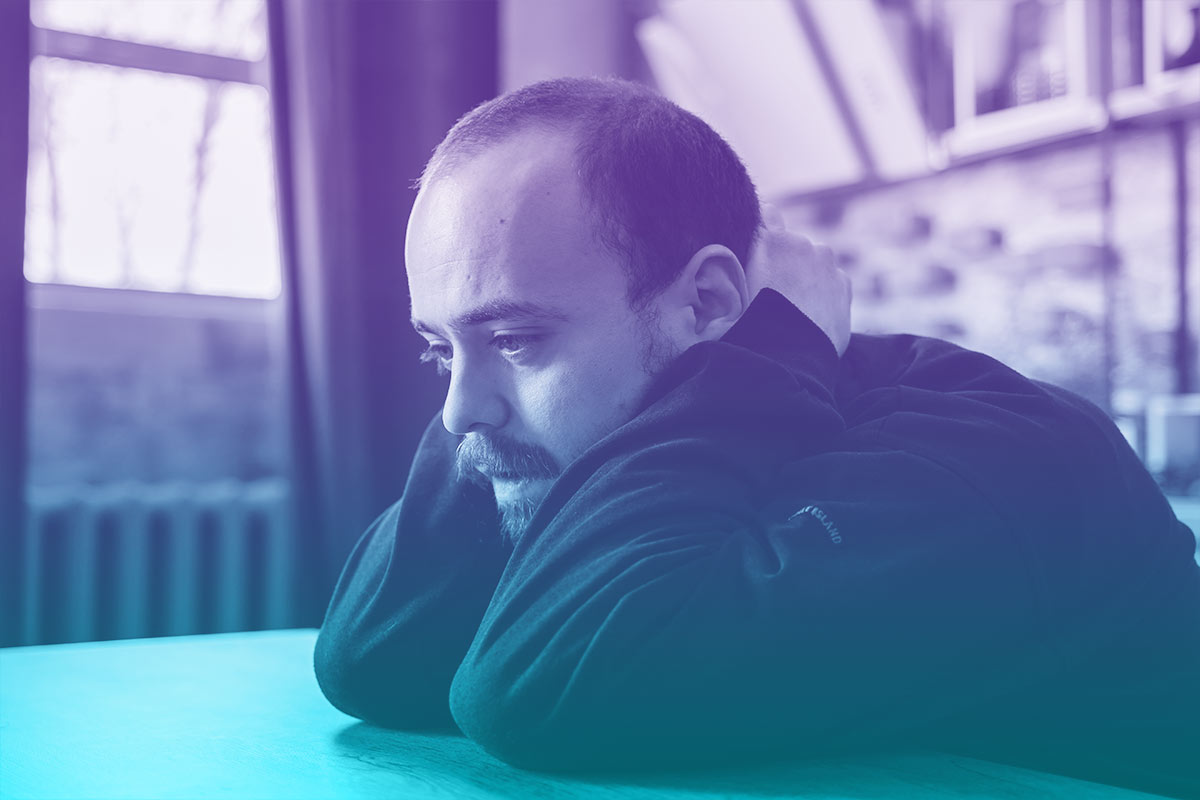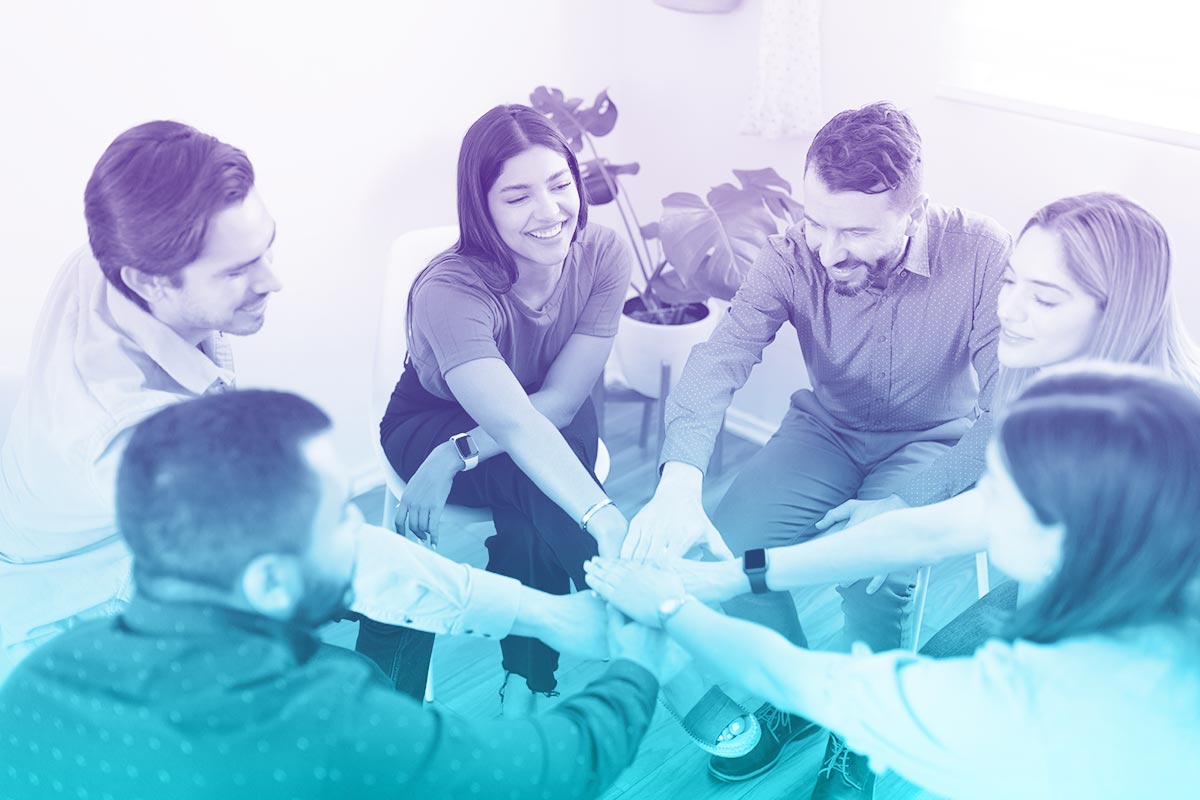Get Clean! Call us today!
Meth Addiction Treatment
You used to make fun of them, the homeless people on Clearwater Beach who were clearly tweaking. How do people even use methamphetamines? You didn’t realize when you got to the University of Tampa how many new things you would see in such a big city. Being from a small town, this has definitely been an experience.
Halfway through your sophomore year, your life takes a drastic turn. Your dad lost his job, meaning he can no longer afford to send you to a private college. He also lost his insurance, and can no longer cover your ADHD medication. Feeling hopeless, you manage to transfer to the University of South Florida. Knowing that college students typically have sources to find medication for ADHD, you feel confident you can handle finding your own solution.

Little do you know that there is a shortage of meds, not only in the area but throughout the country. One of your classmates has found a way to help – meth. You think back to the people on the beach, but you need to get through college. If meth will really help you focus, what can it hurt? Flash forward to senior year, or what was supposed to be. Meth took hold of your life almost instantly; it was all you could think about. Now you are back home with your dad with no job, no degree, and soon enough – no future.
In the last 30 days, Google Trends has seen 61 searches involving methamphetamine from the Tampa area. This shows that the people of the Tampa Bay area are wanting more information about this substance. At Clean Recovery Centers, our goal is to bring education and tools to our communities that provide information as well as meth addiction treatment options. With our specialized therapy programs including rapid resolution and wellness components, the staff at Clean is here to provide quality care while you focus on healing and recovery.
Treatment Options for Crystal Meth Addiction at Clean Recovery Centers
Clean Recovery Centers uses a unique three-phase approach to meth addiction treatment. Clients will follow this path throughout our facilities along the Suncoast, and work with our dedicated staff to begin the journey of recovery.
Residential or Inpatient Rehab Services
There are two stages to our residential treatment program.
- Residential I – This is part of the preparation phase of the treatment program. Individuals are in a 24-hour, 7-days-a-week, live-in environment. Medical support is available if needed, but the main focus is on individual therapy, group therapy, and family therapy. The length of stay in this treatment phase is 3-4 weeks.
- Residential II – This is where the transition to phase two happens. Phase two is called action, where individuals confront where the addiction started and prepares them for independent recovery. At Clean Recovery Centers, this step is referred to as Day/Night Treatment, or DNT. While most clients choose to live in community housing on-site for this phase, it is not required. The program is a minimum of 30 hours of services per week. The four main focuses of DNT include experiential processes, defense mechanism identification, belief system exploration, and symbolic integration. All of these components are to help transition core beliefs and develop balance to a clean life. This phase of treatment typically lasts 2-3 weeks.
- Mental Health Path – For those who have been diagnosed with a mental health condition during phase one, the treatment path can change to accommodate those needs first. Clients go into a residential II setting to receive specific treatment for their diagnosis as well as education and medication management.

Outpatient Rehab Services
Phase Three of the treatment process is called maintenance. At Clean Recovery Centers, we have two versions of outpatient treatments, intensive outpatient and outpatient. For intensive outpatient, or IOP, the client can choose to reside in a 24/7 monitored transitional living on-site, in sober living, or at home. The program is 9 hours per week minimum and continues with individual counseling. Outpatient is for those living at home or in sober living off-site and is 2 hours per week. Both services build on the skills learned in inpatient treatment and therapies to continue on the path to living fentanyl free. The length of stay for phase three is around 6-8 weeks.
What to Expect at Clean Recovery Centers
Rehab centers are designed to provide a safe place to rest and heal from the emotional, physical, and mental tolls that meth has taken on you. At Clean Recovery Centers, daily therapy such as group and individual can be expected, as well as family therapy throughout treatment. Using methamphetamine during times of stress has created a need for it as a way to cope. By practicing new and healthy coping skills, refraining from meth during times of difficulty will become more manageable.
The dedicated staff at Clean will provide you with the tools through skill-building and wellness classes so you can manage stress in a healthy way. Our team believes in a family-like atmosphere, and encourages our clients to join the alumni group for continued support after leaving treatment.
How To Know If You Need Treatment for Methamphetamine Addiction
Methamphetamines can affect all aspects of life – physical, mental, and psychological. The areas of the brain that meth affects the most contribute to memory and emotional regulation. Those who use meth tend to experience erratic behaviors and violent outbursts. Paranoia is a common sign of prolonged meth use as memories become unclear, and even friends can be mistaken for enemies. Relationship strain and loss are common indicators that it may be time to seek treatment for meth addiction.
Physical signs of methamphetamine use can set in quickly and progressively become worse. The most common include:
- Tooth decay
- Malnourishment
- Extreme weight loss
- Scabs or scars on the face and arms
Anemia from malnourishment and poor hygiene habits from lack of sleep both can lead to tooth loss. Seeing these physical signs in a loved one means it is time for them to seek help for methamphetamine use.
The only way to be diagnosed with methamphetamine use disorder is by a medical professional. The staff at Clean Recovery Centers can provide not only a substance use disorder diagnosis but also can diagnose mental health conditions at any phase of treatment. This ensures our clients are on the correct path to recovery.
Definition of Meth Use Disorder
Meth is a potent, man-made stimulant that is typically made in small, illegal laboratories. It affects the central nervous system and is described as inducing a “rush” of euphoria and pleasure. Dopamine is released in the brain which powers the reward system, creating feelings of joy in the person using it. Because of this, the person will want to recreate those feelings and will continue to use meth. When meth becomes the focal point of life, a disorder is forming.
Defining meth use disorder will look different to each person. On average, the person will have multiple attempts to stop using methamphetamine and be unsuccessful. Those managing methamphetamine addiction often need help in a treatment setting to take on and beat their meth addiction.

What are the Causes of Meth Addiction?
The effects of meth are short-lived, often peeking within the first 10-15 minutes after use. Because of this, the person will use more to keep feeling the effects. This creates a binge and crash pattern where the person can go days without sleep or food, then the lack of rest catches up and induces a crash. After a crash, the brain will send signals that meth is needed to function properly, due to the chemicals within compensating for meth. This is how the cycle of meth addiction begins.
Get Help for Meth Use Disorder Today
Methamphetamines can change the way you think and act, to the point you may no longer recognize yourself. Seeking treatment may seem scary now, but rediscovering your passions and zest for life without meth can be a truly rewarding experience. Finding a program that offers continued support is crucial with meth use disorder, as psychological symptoms can continue months after the last use. That is why recovery is built on more than just therapy, it is backed by your peers, your family, and your care team.
If you or someone you love has been grappling with meth use and life, help is not far away. Clean Recovery Centers is here to provide housing certified by FARR and a top-notch team of professionals to help you begin breaking the cycle of meth addiction and move forward with recovery. Our goal is for all of our clients to get clean, live clean, and stay clean. Call us today at (888) 330-2532 to learn more about our program offerings.
FAQs About Meth Addiction Treatments
How is meth introduced into the body?
Meth can be smoked, snorted, injected, or swallowed.
What are the best treatments for meth addiction?
Therapy, skill-building, and wellness are all components of treating meth addiction.
What drug is used to counter-interact with meth overdose?
There is no specific drug to counter-interact with a meth overdose. Meth is a stimulant, and when overdosing on stimulants heart attacks, strokes, and seizures can happen. The only way to treat a meth overdose is to seek medical attention where they will monitor and treat these symptoms as they can.
